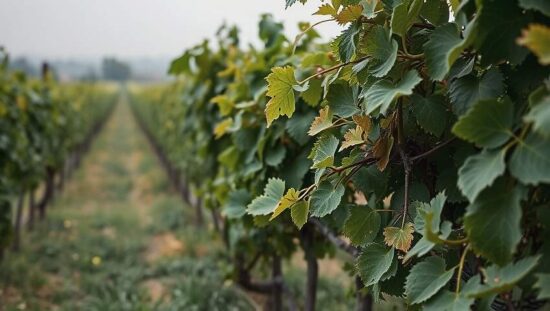Germany is planning to launch an initiative within the EU Agricultural Council to reinstate the permitted use of sodium bicarbonate as a basic substance in winemaking. The move, announced by the Federal Ministry of Agriculture on Monday, stems from concerns over the impact on vineyards across Europe.
Sodium bicarbonate, a primary component of baking soda, has been widely employed by vintners as an effective treatment against the fungal disease known as powdery mildew. However, current EU regulations stipulate that a substance cannot be used freely as a basic substance if it also features as an ingredient in a registered plant protection product.
Agriculture Minister Alois Rainer emphasized the pressure on winemakers, who now face the necessity of switching to more expensive commercial plant protection products. He asserted that adjustments to EU regulations are crucial to enable a practical utilization of such basic compounds within the viticulture sector.
The proposal has garnered support from eight other member states, including France and Austria, indicating a broader recognition of the issue. The regulation changes were triggered after a plant protection product containing sodium bicarbonate was approved in August 2024; subsequently, its free use as a basic substance was discontinued in both Austria and Germany as of March 2025.
German authorities contend that the change particularly impacts smaller vineyards, including those employing organic farming practices. The nation is advocating for the continued allowance of tested and approved basic substances within the winemaking process, aiming for a policy that supports sustainable and economically viable viticulture.





